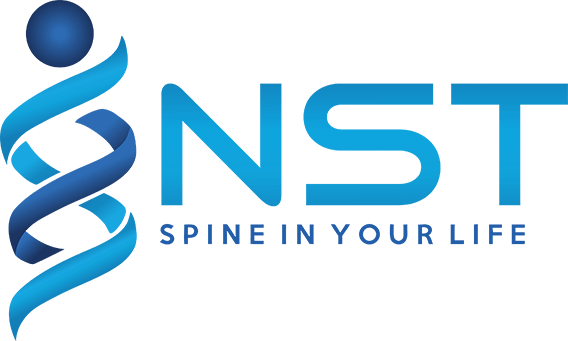The onset of puberty, marked by the beginning of menstruation, is a significant milestone in a young girl’s life.
However, recent trends indicate an alarming shift towards earlier puberty, raising concerns about potential long-term health implications.
This article explores the factors contributing to early menarche and introduces Neurostructural Integration Technique (NST) as a supportive approach to overall female health and development.
The Impact of Early Menstruation
The age at which girls begin menstruating has been steadily declining, with potential consequences for their physical and emotional well-being. Early menstruation has been linked to:
- Increased risk of chronic diseases: Such as heart disease, diabetes, and certain cancers.
- Mental health challenges: Including anxiety, depression, and eating disorders.
- Reproductive issues: Such as irregular menstrual cycles, endometriosis, and infertility.

Understanding the Contributing Factors
Several factors contribute to the trend of earlier puberty, including:
- Obesity: Excess body fat can disrupt hormonal balance and trigger early puberty.
- Environmental factors: Exposure to endocrine-disrupting chemicals found in plastics, pesticides, and other pollutants can interfere with hormone production.
- Lifestyle factors: High levels of stress, lack of physical activity, and excessive screen time can also contribute to early puberty.
The Role of NeuroStructural Integration (NST)
While the focus is often on hormonal factors and lifestyle changes, the structural component of female health is often overlooked.
NST offers a unique perspective on supporting optimal female development.
By addressing imbalances in the body’s structure, NST can:
- Optimize hormonal balance: Proper structural alignment can influence the nervous system, which plays a crucial role in hormone regulation.
- Enhance pelvic health: NST can improve pelvic floor function, supporting reproductive health and menstrual regularity.
- Reduce stress: Structural imbalances can contribute to stress and tension. NST can help promote relaxation and overall well-being.
- Support healthy weight management: By addressing postural and movement patterns, NST can contribute to improved body composition and weight management.

Nurturing Optimal Female Development
In addition to NST, several lifestyle strategies can support healthy puberty and menstrual cycles:
- Prioritize nutrition: A balanced diet rich in fruits, vegetables, whole grains, and lean protein provides essential nutrients for overall health and hormone regulation.
- Encourage physical activity: Regular exercise helps maintain a healthy weight, reduces stress, and supports overall well-being.
- Manage stress: Teach stress management techniques like deep breathing, meditation, or yoga to promote emotional balance.
- Limit screen time: Excessive screen time can disrupt sleep patterns and contribute to hormonal imbalances.
- Ensure adequate sleep: Quality sleep is essential for overall health and hormone regulation.
Supporting Your Daughter’s Journey
By adopting a holistic approach that includes structural support, healthy lifestyle habits, and emotional well-being, you can empower your daughter to navigate the complexities of puberty and lay the foundation for a healthy future.
At NST Health, we are committed to supporting women of all ages, including young girls, on their journey to optimal health.
Our NST practitioners work closely with individuals to address structural imbalances and promote well-being.



